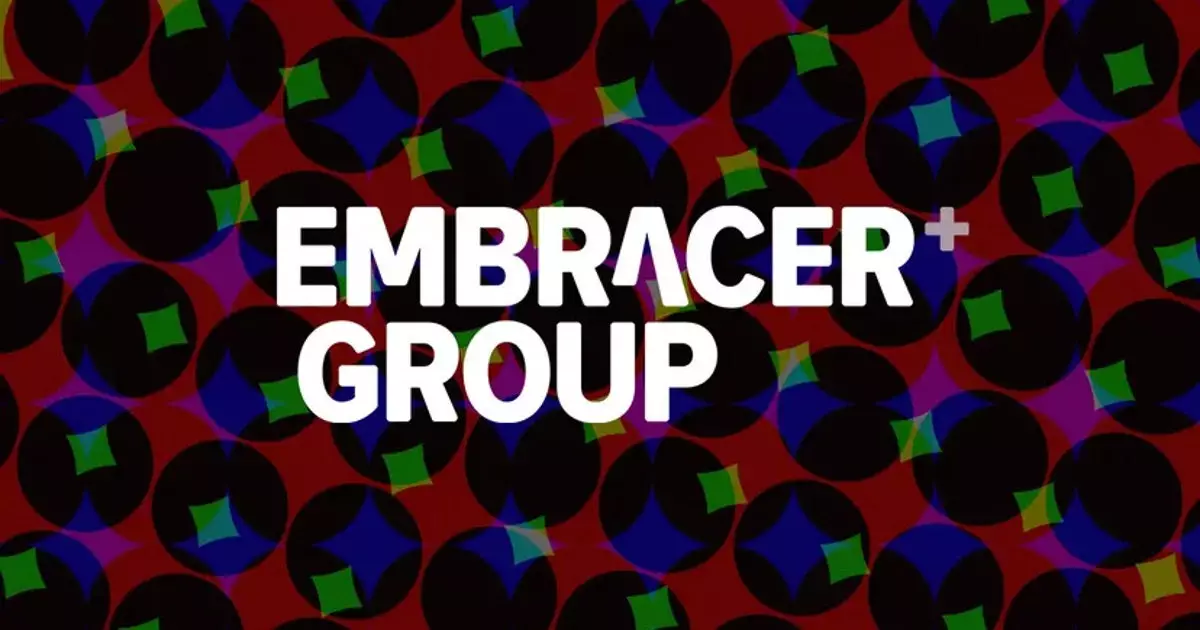With the recent announcement of Embracer Group dividing into three separate companies, the gaming industry is abuzz with speculation and analysis. This move marks a significant shift in the corporate structure of the famed mass-layoff-manufacturing corporation. The three companies – Asmodee Group, Coffee Stain & Friends, and Middle-earth Enterprises & Friends – will soon be listed individually on Sweden’s stock exchange. This decision comes after a period of massive cost-cutting and restructuring within Embracer Group.
The announcement release from Embracer Group frames the division as a strategic decision following a “careful and thorough review” of the company’s operations. The primary arguments for dividing the company include creating clearer operational strategies and financial profiles for each entity, attracting a larger pool of investors, and enabling each company to fully utilize its balance sheet and financing structure. This restructuring also aims to streamline the greenlighting process for indie and AAA games, allowing for more focused development and marketing strategies. Additionally, the new structure will facilitate ongoing collaboration around intellectual properties, companies, and talent across the three entities.
Coffee Stain & Friends will focus on developing a variety of games for PC, console, and mobile platforms, including both free-to-play and premium titles. The premium game development segment will include popular titles such as Deep Rock Galactic, Goat Simulator, and Valheim. On the other hand, the free-to-play division will be responsible for games like Sudoku.com, Blockudoku, and Star Trek Online. Middle-earth Enterprises & Friends will bring together a diverse range of developers and licenses, including Dead Island, Kingdom Come Deliverance, and Tomb Raider. This new entity will encompass former Embracer subsidiaries and third-party developers, ensuring a robust portfolio of games and intellectual properties.
Implications of the Split
The decision to divide Embracer Group into three separate companies raises questions about the future direction of the organization and its subsidiaries. The move comes in the wake of significant restructuring efforts, including the sale of Saber Interactive and Gearbox to other entities. While the restructuring is positioned as a means to enhance the growth and profitability of the individual companies, some industry observers remain skeptical about the long-term impact of the split. As Embracer Group transitions into its new form, the gaming community eagerly awaits further developments and announcements from the restructured entities.
The division of Embracer Group into Asmodee Group, Coffee Stain & Friends, and Middle-earth Enterprises & Friends represents a significant restructuring within the gaming industry. The decision to split the company into three distinct entities reflects a strategic realignment of resources and operations. While the future implications of this division remain uncertain, the gaming community is hopeful that the move will lead to greater innovation, collaboration, and success for the individual companies. As the industry continues to evolve, the impact of this restructuring on the gaming landscape will undoubtedly be closely watched and analyzed in the months and years to come.


Leave a Reply
You must be logged in to post a comment.